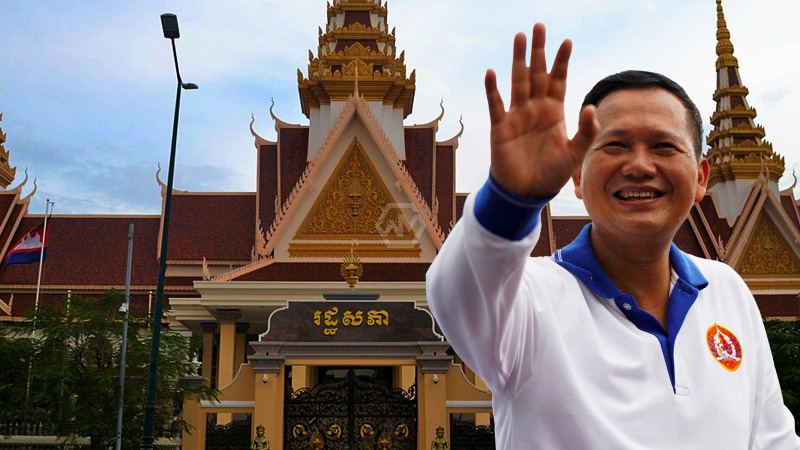Hun Manet, the eldest son of dictatorial Prime Minister Hun Sen of Cambodia, who has held the position for nearly 40 years, will take over as leader.
Hun Manet, a West Point, New York, alumnus of the U.S. Military Academy, has vowed to revive Cambodia’s sense of national pride to a “greater level” than the illustrious Angkor era of the Khmer Empire.
Son of the Cambodian leader
It is challenging to envision a significant shift in the political landscape given that the Cambodian People’s Party is almost certain to win the election on Sunday by a landslide.
Given China’s strategic and economic importance, some in the West have expressed hope that Hun Manet’s education may lead to political reform, but it will still require effort to recover power in the Southeast Asian nation of 16.5 million people.
- Cambodian leader Hun Manet to take over after 40-year dictatorship.
- West hopes Hun Manet’s education leads to China’s political reform.
- Cambodia’s economy grew 7.7% annually from 1998-2019, aiming for middle-income status.
Only if the U.S.-Cambodia relationship is based on solid principles of mutual benefit and respect can it flourish. Hun Manet himself hasn’t provided many hints, posting constantly on Facebook and Telegram but offering little insight into his political views. Even though his son is the prime minister, he is still anticipated to have considerable authority while standing aside.
Between 1998 and 2019, Cambodia’s economy grew by 7.7% annually on average under Hun Sen’s leadership, and the country anticipates reaching middle-income status by 2030.
Under Hun Sen’s leadership, the Cambodian government has expanded the wealth and poverty disparity. The opposition has disintegrated, and deforestation and land grabbing have intensified.
A “diehard opposition” still exists despite the government‘s efforts to promote peace and prosperity. A “generational change” in Cambodia’s leadership could result from the next elections in 2018, which could mark the beginning of a “honeymoon period” for foreign diplomacy. The key ally of China, nevertheless, may limit a tilt to the West.



